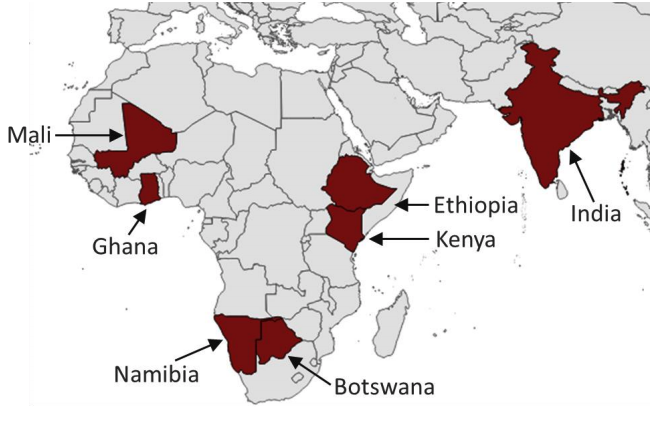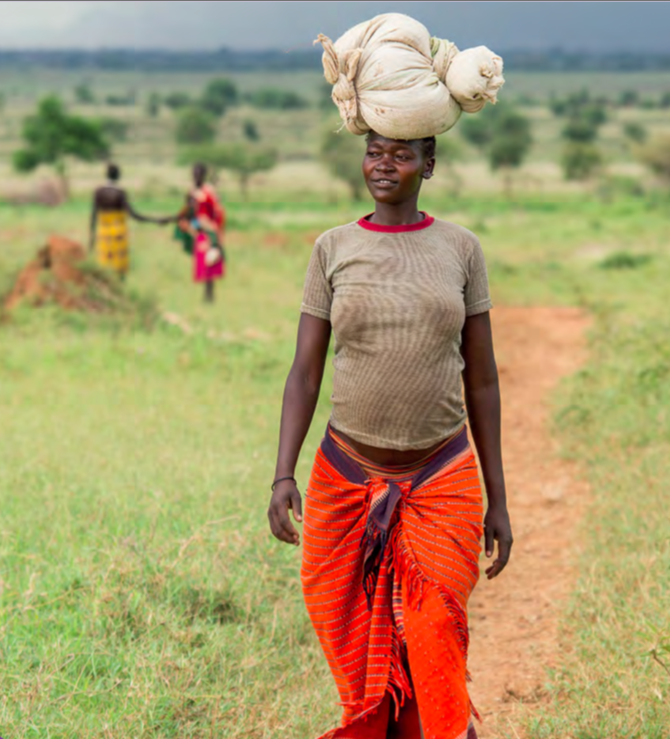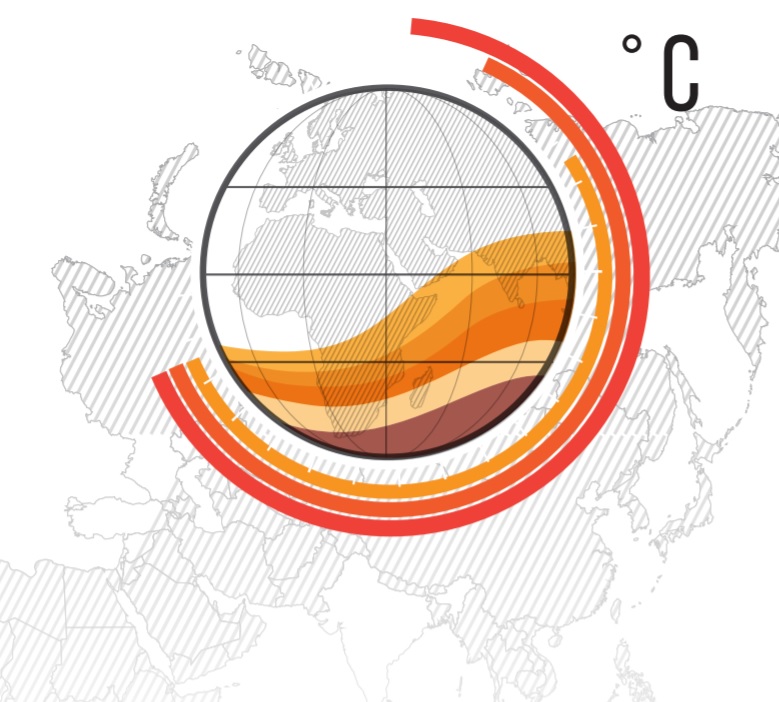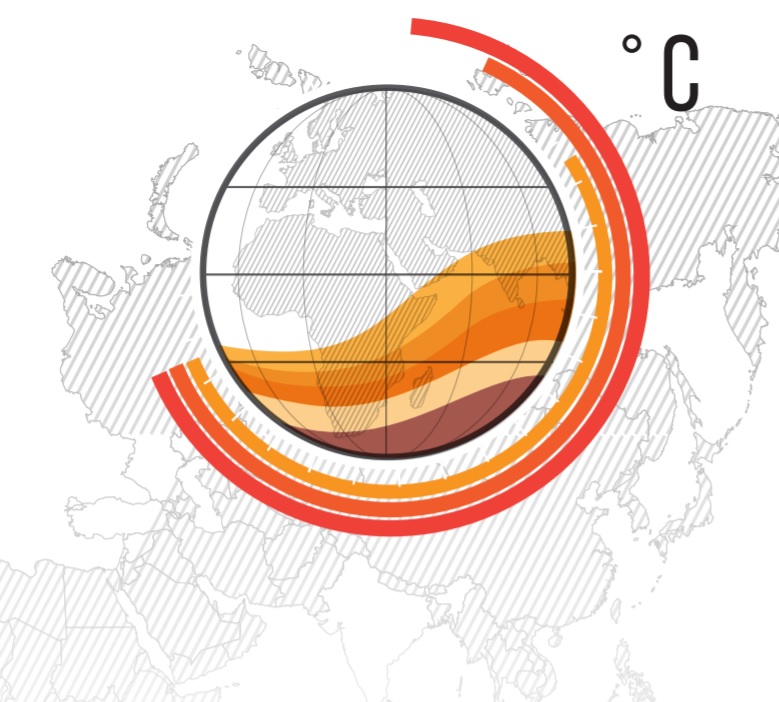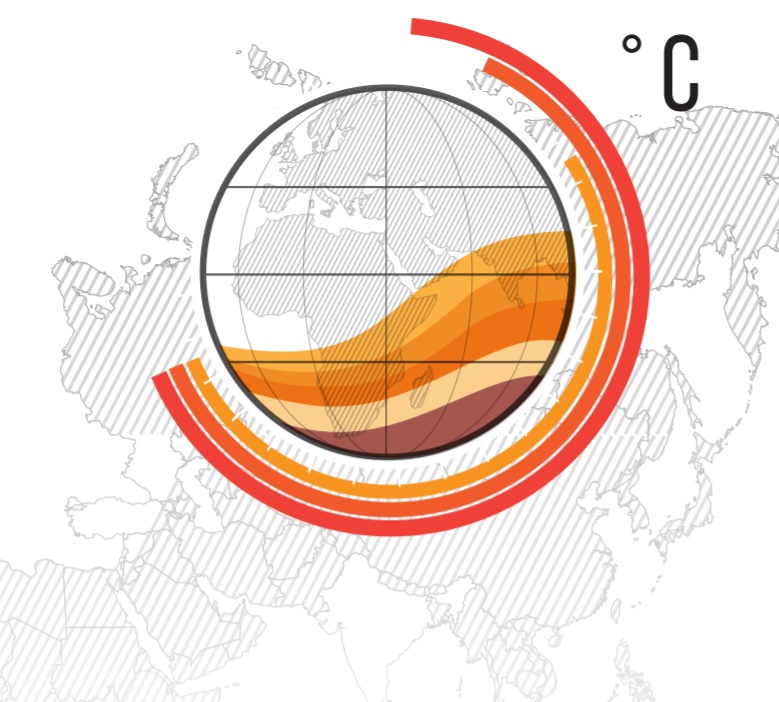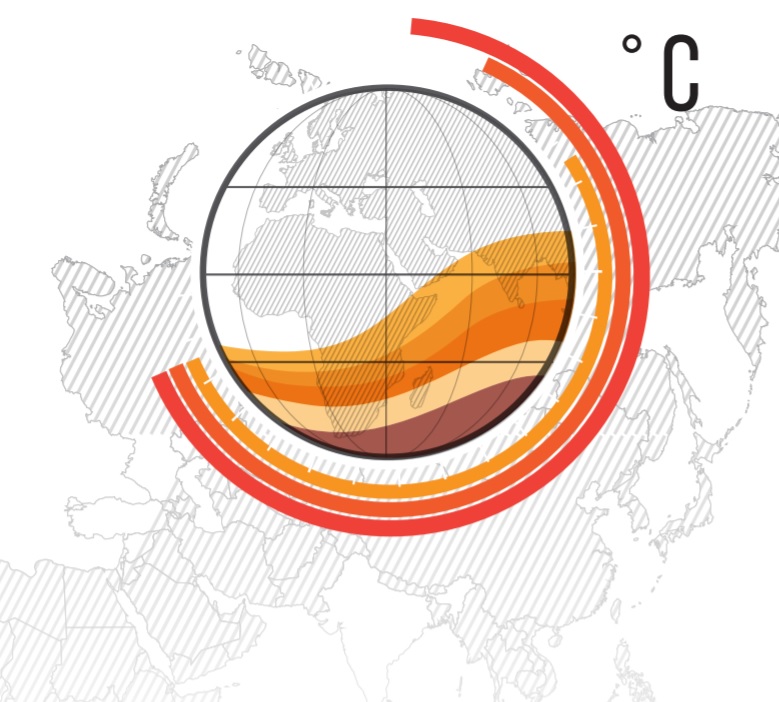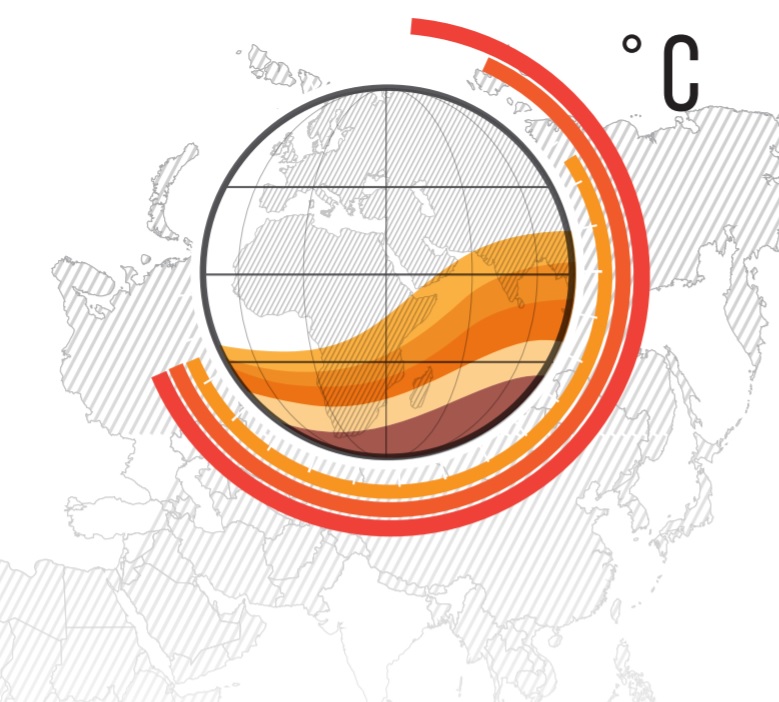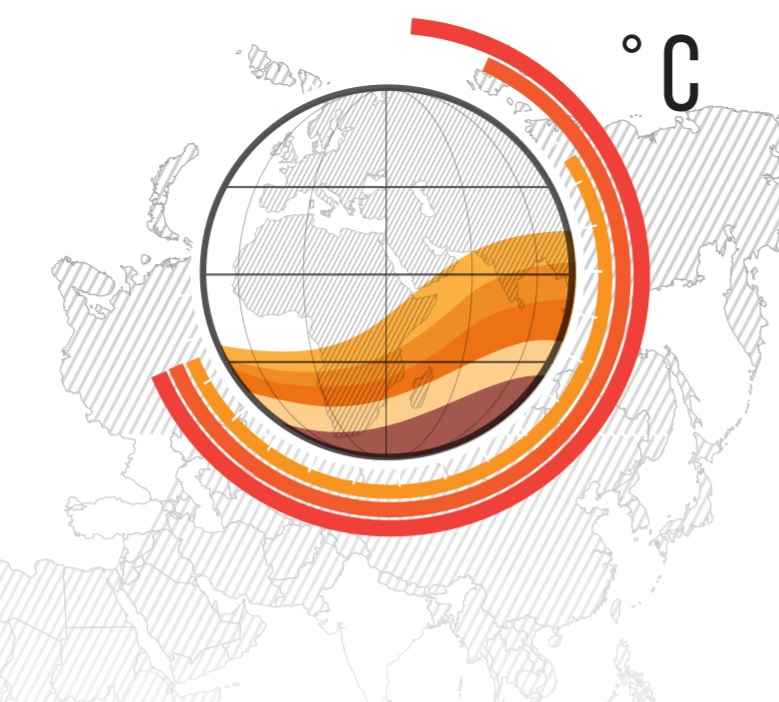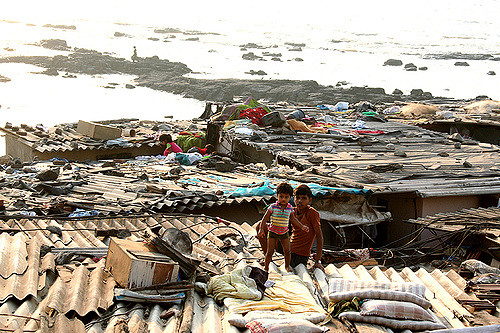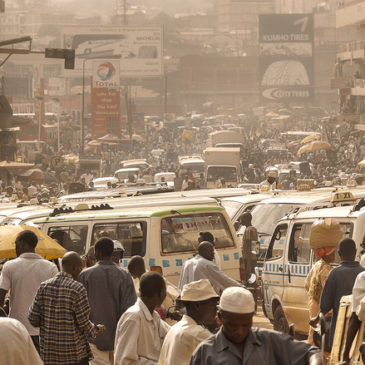Special Report on Global Warming of 1.5 °C
Determining what global warming of 1.5°C and higher means for the semi-arid regions of Botswana, Namibia, Ghana, Mali, Kenya and Ethiopia: A description of ASSAR’s methods of analysis
This article describes ASSAR's method for what global warming of 1.5°C and higher means for the semi-arid regions of Botswana, Namibia, Ghana, Mali, Kenya and Ethiopia.
A 1.5°C warmer world: A guide for policy-makers and practitioners
This BRACED guide aims to make the findings of the IPCC Special Report on the ‘impacts of global warming of 1.5°C global greenhouse gas emission pathways' more accessible.
What global warming of 1.5°C and higher means for Ghana
This infographic illustrates the impacts of different levels of global warming for the local climate extremes and the vulnerable sectors of Ghana.
What global warming of 1.5°C and higher means for Ethiopia
This infographic illustrates the impacts of different levels of global warming on the local climate extremes and the vulnerable sectors of Ethiopia.
What global warming of 1.5°C and higher means for Mali
This infographic illustrates the impacts global warming of 1.5°C, and above, will have on the local climate extremes and the vulnerable sectors of Mali.
What global warming of 1.5°C and higher means for Kenya
This infographic illustrates the increasing impacts global warming of 1.5°C (and each further 0.5°C interval thereafter) will have on local climate extemes and vulnerable sectors in Kenya.
What global warming of 1.5°C and higher means for Namibia
This infographic illustrates the potential impacts of global warming of 1.5°C and above on the local climate extremes and vulnerable sectors of Namibia.
What global warming of 1.5°C and higher means for Botswana
This infographic provides insight into the impacts 1.5°C and higher of global warming will have on local climate extremes and the vulnerable sectors of Botswana.
Even half a degree of warming matters for South Asia’s urban poor
Aditi Paul of CDKN Asia reflects on the revelations in the IPCC’s 1.5°C Special Report and its implications, including key messages for cities.
The IPCC’s 1.5°C Report: increasing risk of heatwaves in African cities
Suzanne Carter, CDKN Country Engagement Coordinator, highlights why we need to start seriously considering the risk of extreme heat in African cities, following the release of the IPCC’s 1.5 Report.
